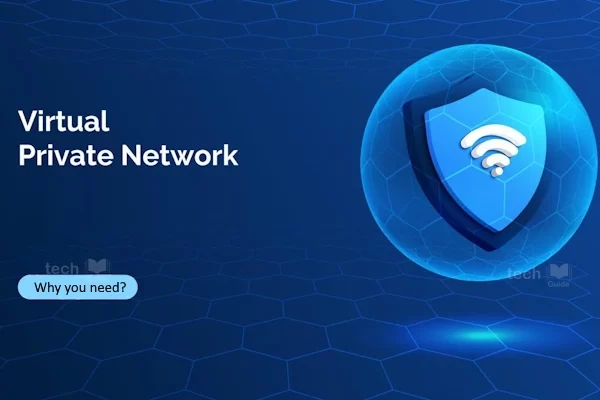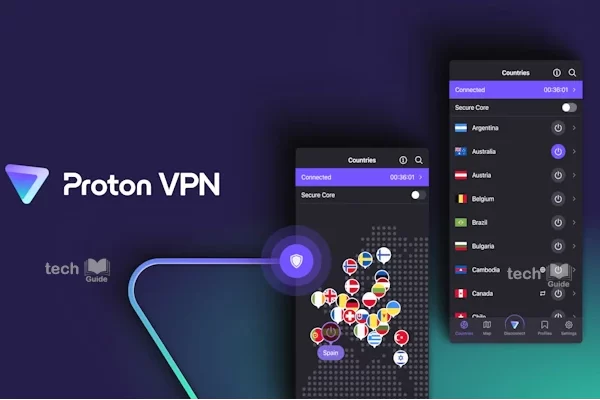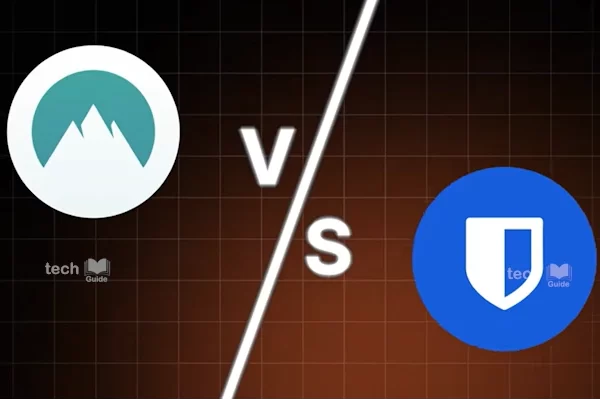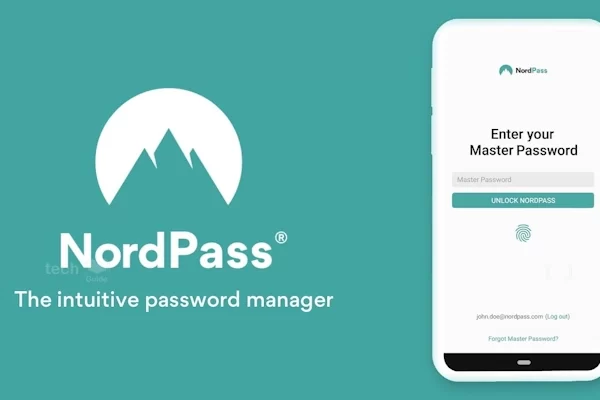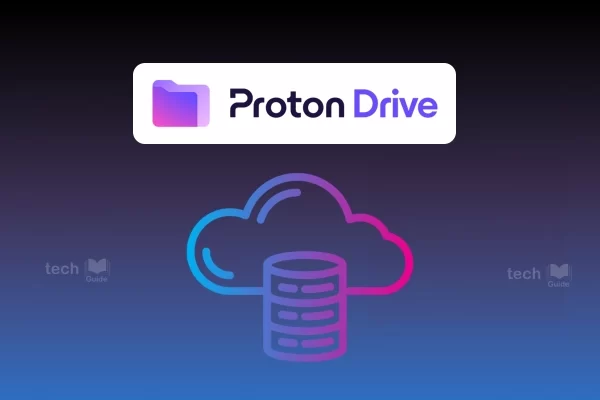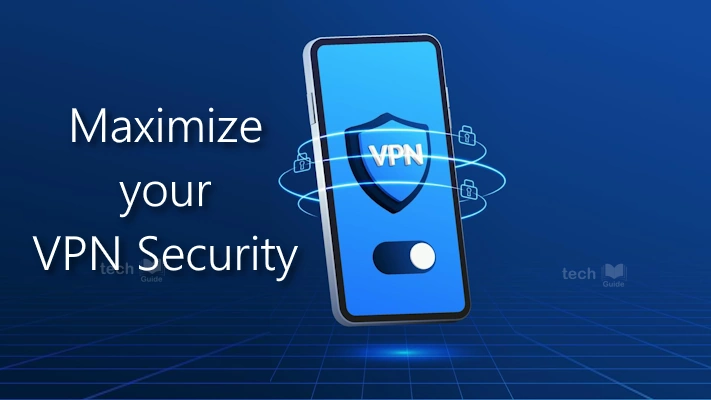
In today’s digital world, protecting your online privacy is more important than ever. A Virtual Private Network (VPN) is one of the most effective tools to secure your internet connection and safeguard your personal information. However, simply having a VPN isn’t enough – you need to use it wisely to maximize its benefits. Here are some practical tips to help you enhance your VPN security and ensure safe browsing.
Choose a Reliable VPN
Your VPN’s quality matters greatly when it comes to online safety. Choose a reputable VPN service with strong encryption protocols to protect your data. A reliable VPN should also have a no-logs policy, meaning it doesn’t store your browsing history. For recommendations, check out expert reviews of the best VPNs for secure browsing on Windows, Mac, Android, and iOS devices.
See: Proton VPN Free Plan: Is It Still Worth Using?
Always Use a VPN on Public Wi-Fi
Public Wi-Fi networks are notoriously insecure and can be a breeding ground for hackers. Never access sensitive information, like financial accounts, on public networks without activating your VPN first. A VPN creates an encrypted tunnel for your data, making it much harder for anyone to intercept your information.
Enable Two-Factor Authentication (2FA)
Adding an extra layer of security to your accounts is crucial. Two-factor authentication (2FA) requires you to verify your identity through a secondary method, such as a text message or authentication app. This ensures that even if someone has your password, they can’t access your accounts without the second factor.
See: A Comprehensive Review of NordPass Password Management
Use Strong, Unique Passwords
A strong password is your first line of defense against cyber threats. Create complex, unique passwords for each of your accounts to minimize risks. If remembering multiple passwords feels overwhelming, consider using a password manager. These tools can generate and securely store strong passwords for you.
Regularly Monitor Your Accounts
Even with a VPN and strong passwords, it’s essential to stay vigilant. Check your financial and other critical accounts frequently for any suspicious activity. Early detection can prevent potential damage and give you time to take corrective action.
Keep Your Software Updated
Outdated software can have vulnerabilities that hackers exploit. Ensure your devices, apps, and operating systems are always up-to-date with the latest security patches. Regular updates help close security gaps and keep your information safer.
Beware of Phishing Scams
While a VPN protects your connection, it can’t shield you from phishing scams. These scams often use fake emails or malicious links to trick you into revealing sensitive information like passwords or credit card numbers. To stay safe, always scrutinize unsolicited emails, avoid clicking on suspicious links, and verify the source before providing personal information. Combining a VPN with strong antivirus software can further enhance your security by detecting and blocking phishing attempts. For the best protection, explore expert reviews of the top 2024 antivirus solutions for Windows, Mac, Android, and iOS devices.
The Bottom Line
A VPN is a powerful tool for securing your online activities, but it works best when combined with other good cybersecurity practices. By following these tips, you can create a robust shield against potential threats and enjoy a safer, more private browsing experience. Stay informed, stay cautious, and take charge of your digital security today.


